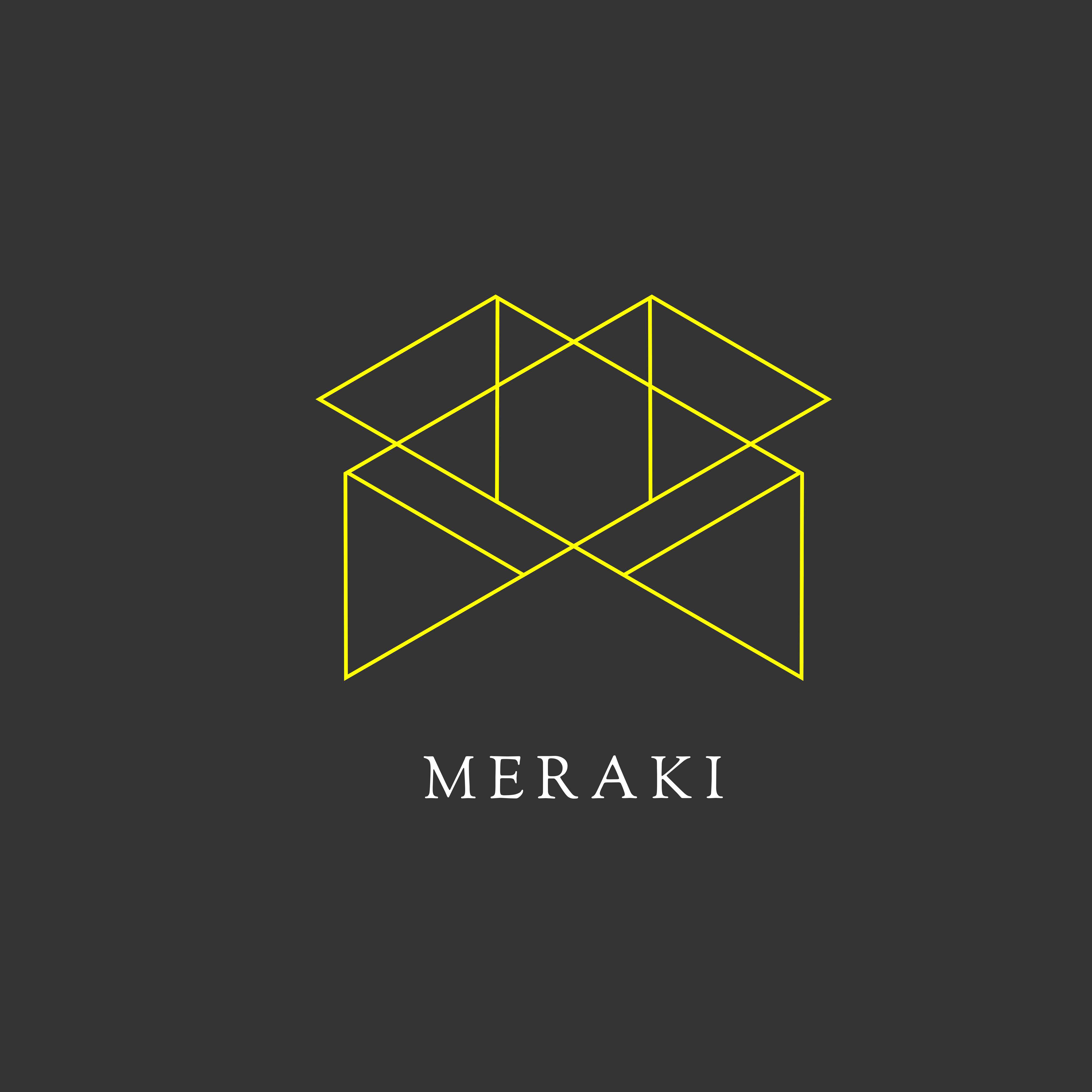However, the basic public nature of traditional blockchains—like Bitcoin and Ethereum might not all the time align with the needs public and private blockchain difference of companies and organizations seeking extra management and privacy. It additionally holds options of private and non-private blockchain but is dissimilar in that multiple organisation members collaborate for a decentralised network. A hybrid blockchain combines the benefits of both private and non-private blockchains. It allows companies to have control over their data while additionally benefiting from the transparency and safety of a public blockchain.
Public Vs Non-public Blockchains: How Do They Differ
A public blockchain can discover its purposes helpful in public sectors like healthcare and education. Healthcare industries can use blockchain to have a historic retailer of all their operations. The data could be added by medical doctors and medical professionals like the worth of therapy, sufferers details, and prognosis. Though the info could be viewed by everyone, the data cannot be modified.
Step 1: Identify A Suitable Private Blockchain Use Case For Your Community
If the knowledge is sensitive, permissioned networks like personal blockchains can be adopted. The public blockchain is a permissionless blockchain, and any node can access the community. The information is available on the basic public network, and anyone can learn, edit or write knowledge on this blockchain community. So, the community nodes may have indeniable proof to show the manipulation.

What’s Blockchain Technology: Know Its Use Instances And Significance
While implementing new expertise, the primary concern is about scalability. The challenge faced in scalability is relating to transaction velocity actually is determined by the dimensions of the ecosystem. Financial methods like banks and inventory exchanges use the companies of blockchain to handle on-line payments, market buying and selling, and accounts. They are generally used in collaborative industries such as healthcare and logistics, as well as for rating and fee. Public transactions can be utilized for high-volume, low-security transactions. Meanwhile, private transactions can handle sensitive or high-security transactions.
- The system is decentralized and does not have any entity which supervises or controls the network.
- However, with the popularity of the Association of Persons, there’s important gravity put upon these people that kind themselves right into a DAO.
- It was a public network where all transactions had been nameless but viewable to everyone.
- A non-public blockchain is a restricted community the place solely invited members can be part of.
Advantages And Downsides Of Hyperledger Material
Businesses that arrange non-public blockchains for setting up permissioned networks and limit the visibility for other participants of the customers of the community. A personal blockchain community, similar to a public blockchain community, is a decentralized peer-to-peer community, with the numerous difference that one organization governs the network. That group controls who is allowed to participate within the network, execute a consensus protocol and keep the shared ledger. Depending on the use case, this will considerably enhance trust and confidence between participants. A personal blockchain may be run behind a corporate firewall and even be hosted on-premises.
Corda provides transparent models the place objects of solely related transactions are shared with the customers who must know in regards to the transaction. Before diving into the topic, we have to understand how private blockchain actually works and what is the greatest instance of private blockchain. In 2009, when the blockchain hit the world, with the discharge of its first Bitcoin cryptocurrency software, it was tough within the earlier days for PC hackers.
Private Blockchain Growth Company
A major disadvantage of hybrid blockchains is that it isn’t utterly clear. Moreover, if you’ll like your company to upgrade to a hybrid blockchain, it can be fairly a difficult affair. Furthermore, there is no incentive for contributing and collaborating in the community activities. Private blockchains also pose a security danger if some central nodes go rogue. » Private blockchain always wants permission from authorized customers, who can join the network and take part in transactions. Private blockchain consists of controversial claims, because the core philosophy of any blockchain is decentralisation.
Distinctions Between Public And Private Blockchains
Private blockchains are restricted in dimension, which can become very quick and might help course of transactions, which is way quicker than any public blockchain. A permissioned blockchain is a kind of personal blockchain that requires permission to participate within the community. This permission could be granted or revoked by the network directors, and individuals must comply with sure rules and regulations. Permissioned blockchains are often utilized in monetary providers and different regulated industries. Private blockchains, as the name suggests, are permissioned networks where access is restricted to particular entities.
It’s additionally more secure since only trusted members can take part within the network. If one get together initiates a transaction using a cryptocurrency pockets via an application that provides an interface. NASSCOM doesn’t take any legal responsibility w.r.t. content in any manner and will not be liable in any manner in any way for any sort of liability arising out of any act, error or omission.
Having a centralised community additionally raises the problem of belief, which is resolved in a public blockchain. A transaction’s validity cannot be verified on non-public networks and relies on the authorised nodes’ credibility. The public blockchain is completely decentralized and nobody controls the network.
Public blockchains face scalability challenges as the variety of individuals and transactions increases. This can outcome in slower transaction processing times and higher fees. Unlike public blockchains, personal ones aren’t accessible to most of the people.

Read more about https://www.xcritical.in/ here.
